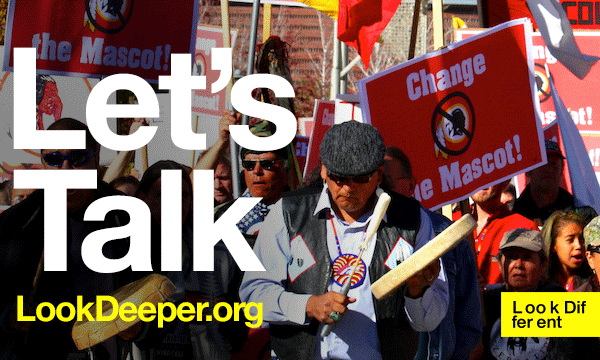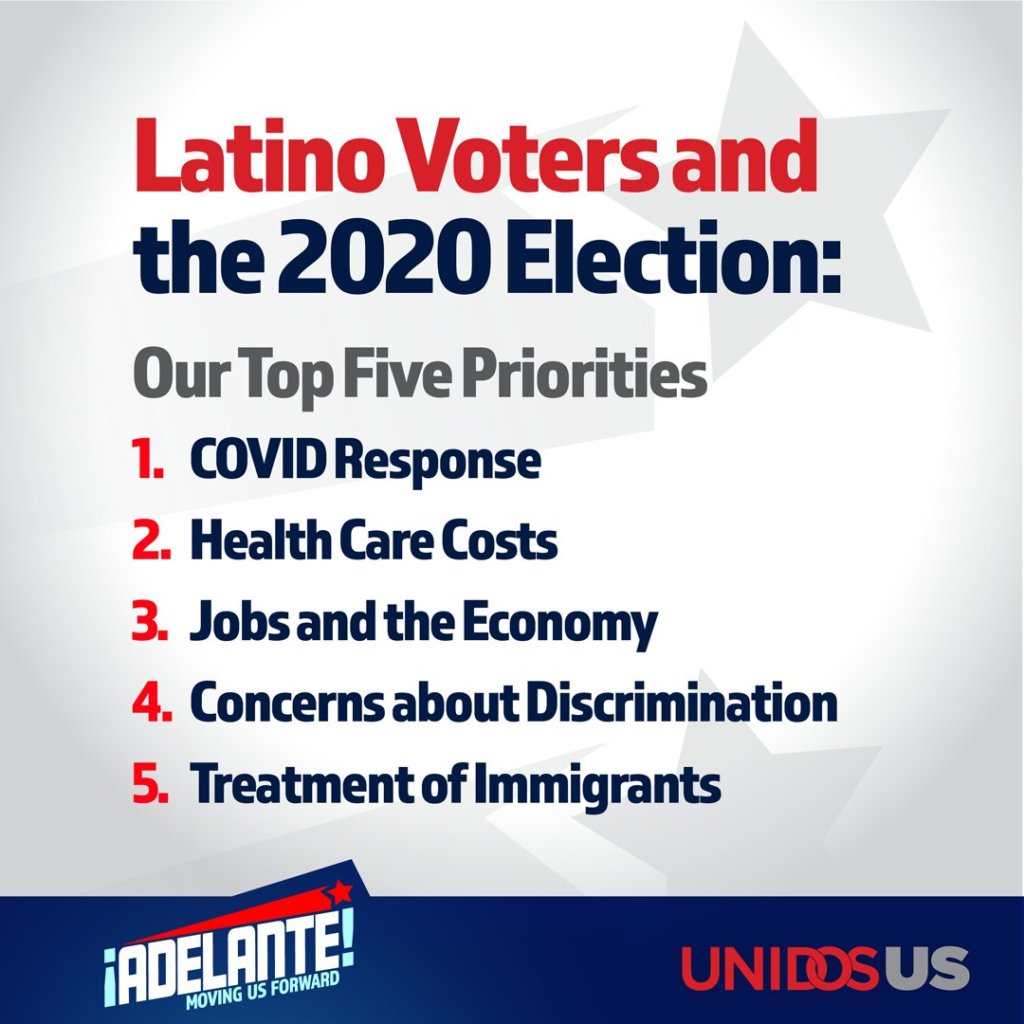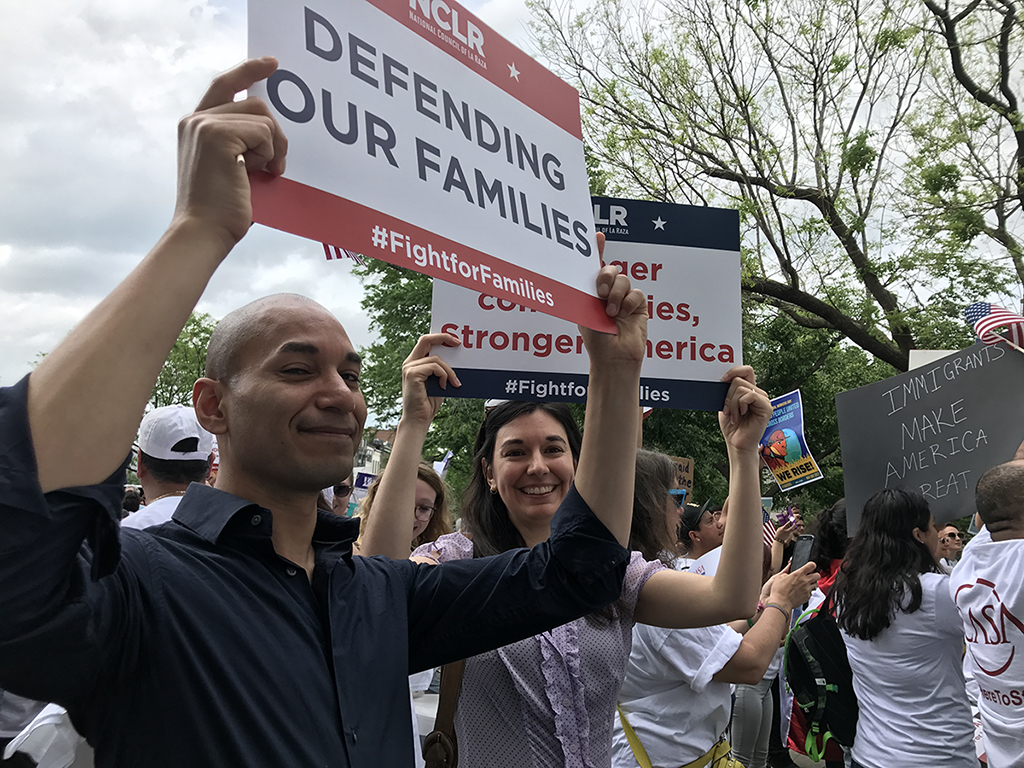Our Changing Conversation on Race and Ethnicity: Fostering Dialog for Millennials
By Patricia Foxen, PhD, Deputy Director of Research, NCLR
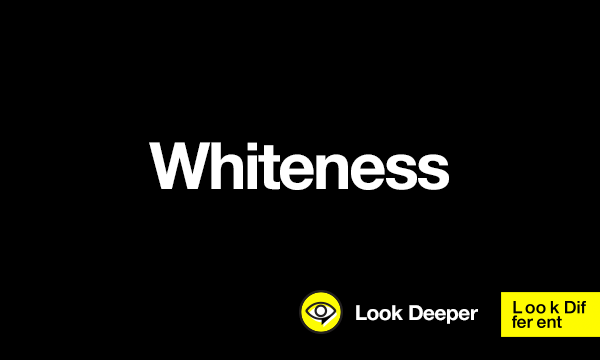 There is no doubt that our country is going through a profound period of reflection regarding the treatment of race. Last Friday, the elation produced by the Supreme Court’s decision to uphold the legality of same-sex marriage was contrasted, later that day, by the overwhelming sadness behind President Obama’s eulogy at Clementa Pinckney’s funeral. The death of Reverend Pinckney, one of nine victims killed in Charleston’s Emanuel AME Church by a 21-year-old racist, reminds us how very far we still have to go in confronting and healing race relations.
There is no doubt that our country is going through a profound period of reflection regarding the treatment of race. Last Friday, the elation produced by the Supreme Court’s decision to uphold the legality of same-sex marriage was contrasted, later that day, by the overwhelming sadness behind President Obama’s eulogy at Clementa Pinckney’s funeral. The death of Reverend Pinckney, one of nine victims killed in Charleston’s Emanuel AME Church by a 21-year-old racist, reminds us how very far we still have to go in confronting and healing race relations.
Watch the moving speech below:
By his own admission, the shooter’s beliefs were largely influenced by organizations, such as the Council of Conservative Citizens, that foment racial fear and hatred through disinformation. As history buffs know, such hate mongering, used by powerful actors to rationalize the social exclusion of entire groups of people, has long involved dehumanizing “others.” The contrast between this hateful imagery and the kind, generous spirit of those killed in Charleston made the violence all the more shocking. But while most Americans are appalled by the explicit and virulent racism the killer demonstrated, more subtle forms of structural racism and implicit bias continue to taint the everyday experiences of our nation’s minorities.
Keep up with the latest from UnidosUS
Sign up for the weekly UnidosUS Action Network newsletter delivered every Thursday.
Latinos have not been spared from this “othering” process, as Donald Trump’s recent derisive comments on Mexican immigrants clearly illustrate. Thankfully, leading Latino organizations (including NCLR) responded swiftly to Trump’s characterization of Mexican immigrants as criminals, drug dealers, and rapists, leading Macy’s and NBCUniversal, among others, to cut ties with the presidential candidate. However, the consequences of negative stereotyping of Hispanics and immigrants—which can range from bias and discrimination in housing, employment, and education all the way to violent hate crimes—have tended to be largely absent from our nation’s on-going discussions on race.
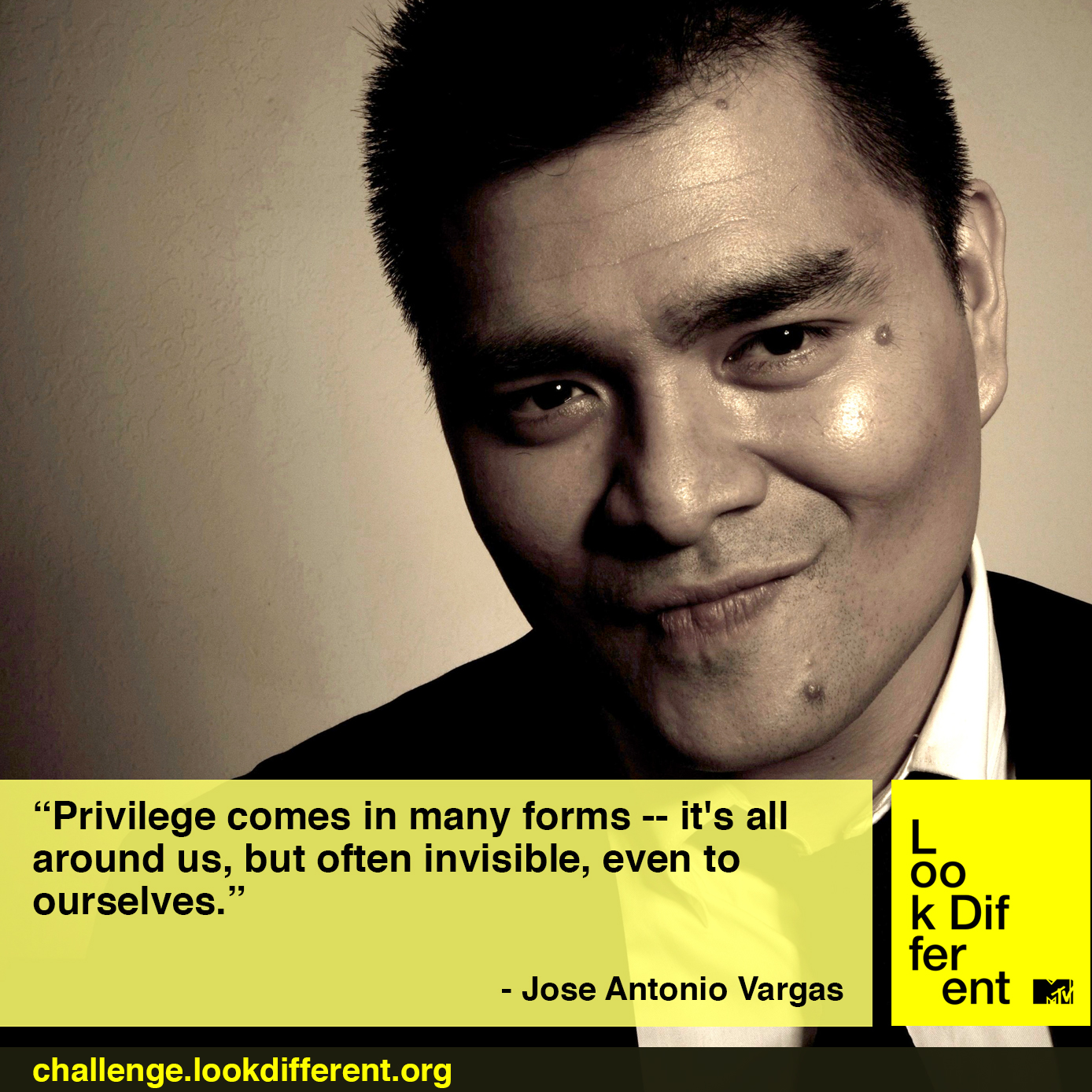 Given the rapidly changing demographic landscape in this country, where non-Whites will become a majority of the population within the next two decades, and the various forms of racial and ethnic tensions that lurk beneath the surface, it is high time that we open up the national discussion to include everyone: African Americans, Hispanic Americans, Arab Americans, Asian Americans, Native Americans, and White Americans.
Given the rapidly changing demographic landscape in this country, where non-Whites will become a majority of the population within the next two decades, and the various forms of racial and ethnic tensions that lurk beneath the surface, it is high time that we open up the national discussion to include everyone: African Americans, Hispanic Americans, Arab Americans, Asian Americans, Native Americans, and White Americans.
In an effort to help in this process, NCLR partnered last year with MTV’s Look Different campaign, which helps young people think through and speak about race and other forms of bias. Recently, Look Different announced the July 22 release of White People, a groundbreaking television documentary that explores whiteness in America. In addition, the campaign’s website has added Look Deeper, a powerful interactive feature and safe space where young people can hold conversations about bias in their own lives and in the news. A Creator Competition will also allow people to submit ideas for video projects about racial privilege.
If we want to prevent the propagation of racism and exclusion in future generations, we must encourage youth to speak openly and honestly about race and ethnicity, and we must provide them with the language, tools, insight, and empathy to do so.
